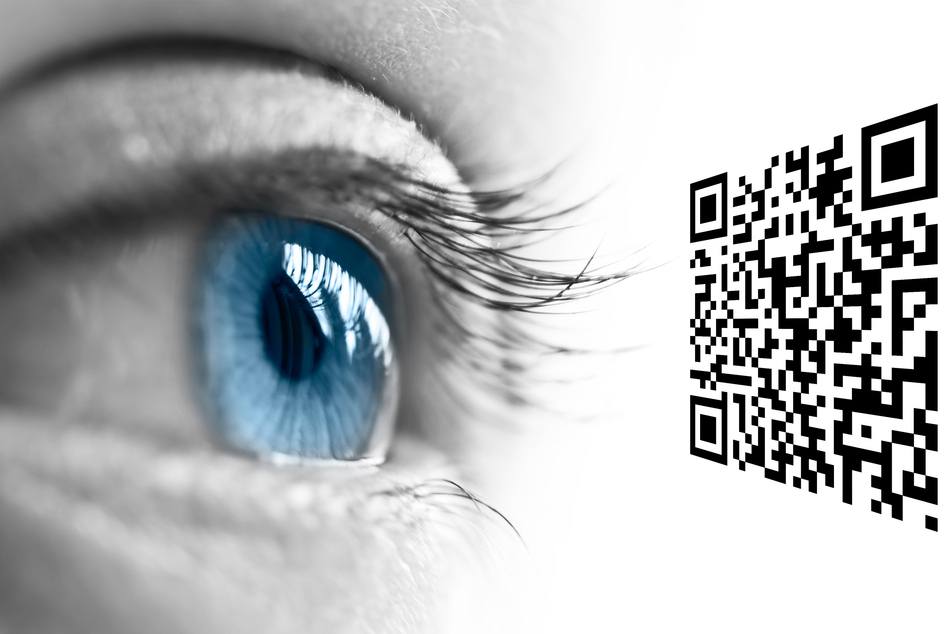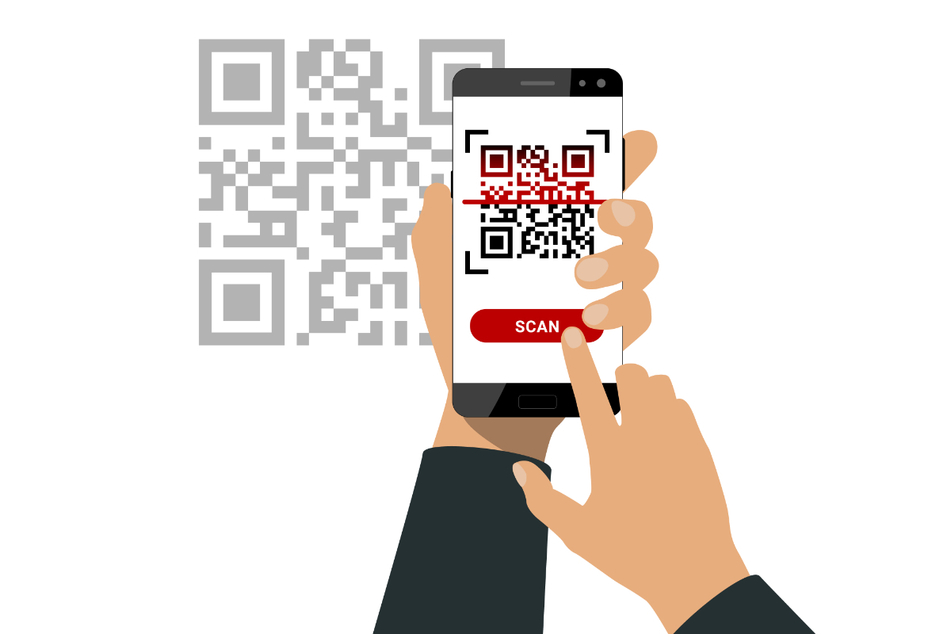Scanning QR codes? Here's how to avoid scammers
Washington DC - From checking out a restaurant menu on your phone, scanning your vaccination record or ticket into an event, or looking up a poster's advertisement: QR codes have become part of everyday life.

Yet, criminals are also taking advantage of the popularity of the black and white square codes that are designed to be read by your smartphone's camera.
The scam works like this: A legitimate-looking QR code guides an unsuspecting person to a fake website. There, the user is asked to log into a sensitive account, such as a payment service or entering personal data.
The scammers then gain access to your financial information, allowing them to make payments or steal cryptocurrency.
That's why the FBI is calling on users to limit their trust in public QR codes, even in official settings, as they are easy to manipulate or cover with codes linking to fake websites.
It is also possible that a QR code brings you to a site that downloads and installs malware on your phone, allowing cybercriminals to gain access to your device and its data, and potentially hold it ransom for a payment.
To avoid falling for a QR code scam, the FBI offers the following tips:
- When scanning a code, check that the website you were expecting actually opens and that it is authentic: The web address should be completely correct, with no misplaced letters or errors
- If a website is asking you to log in to a service where your personal information or financial data is stored, alarm bells should be ringing.
- If possible, do not make any payments on websites accessed via a QR code. Instead, it is better to manually enter the website of the platform you're looking for.
- In the case of printed QR codes, you should always make sure that nobody has pasted a different code over the original code.
- If possible, don't start app downloads and installations via QR codes, but download apps from official stores.
- Don't install a QR code scanner app: The camera on your smartphone should already work as a scanner. If not, you can find a scanner function in your browser.

With these handy tips, you can hopefully avoid those tech-savy baddies for good!
Cover photo: 123rf/delcreations